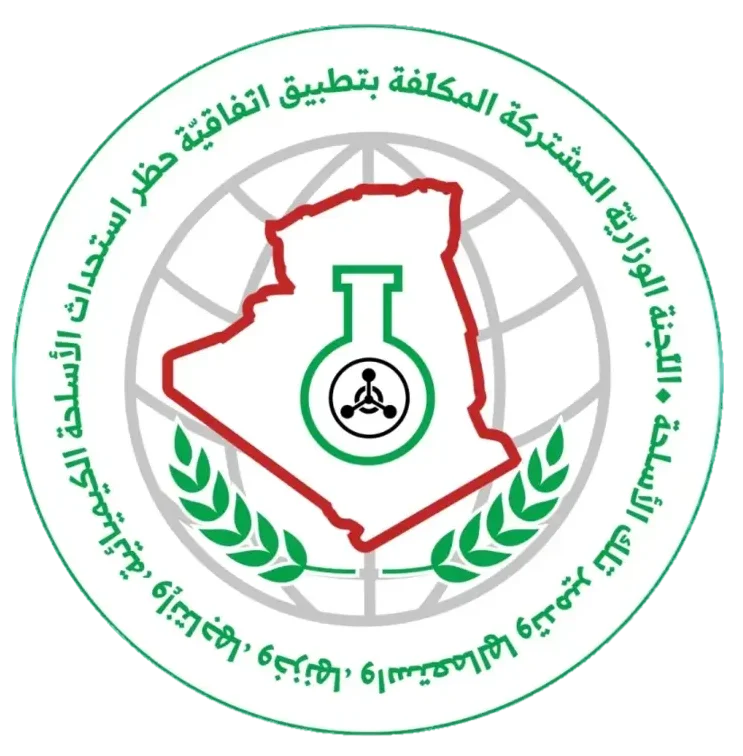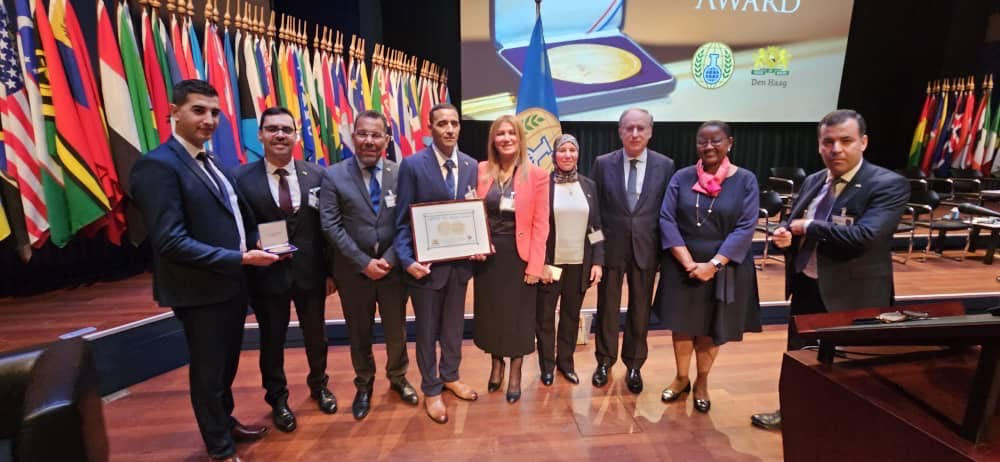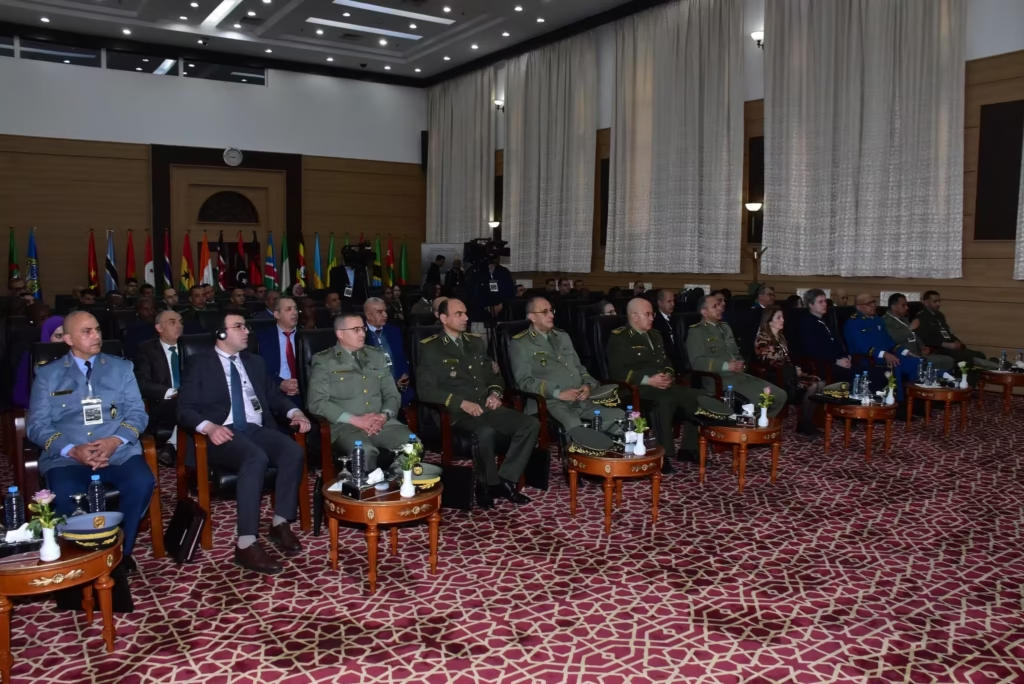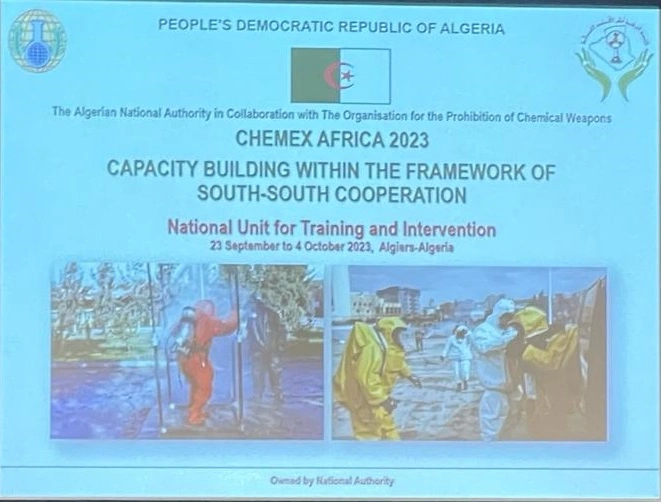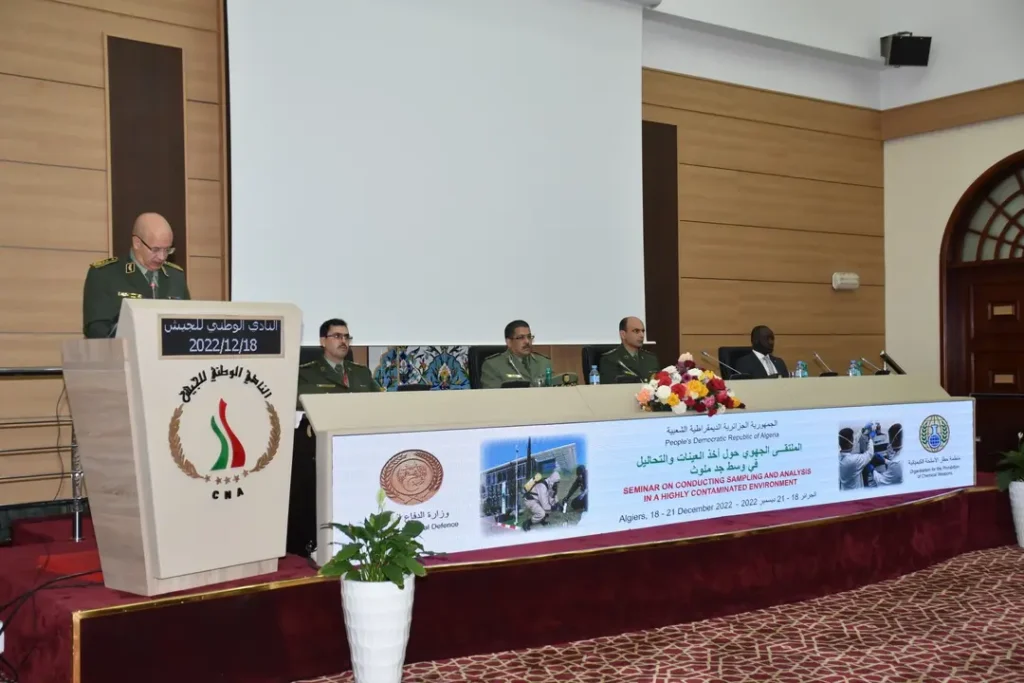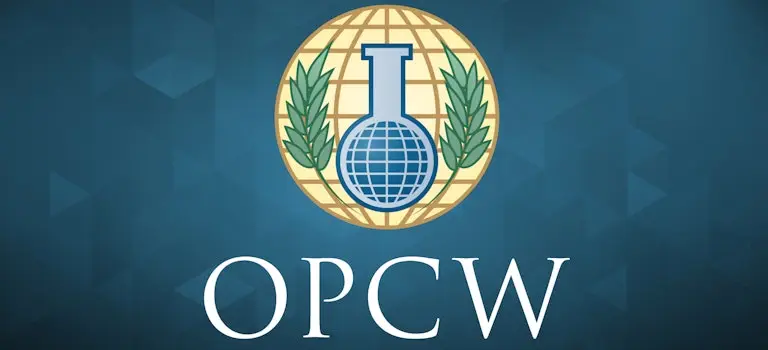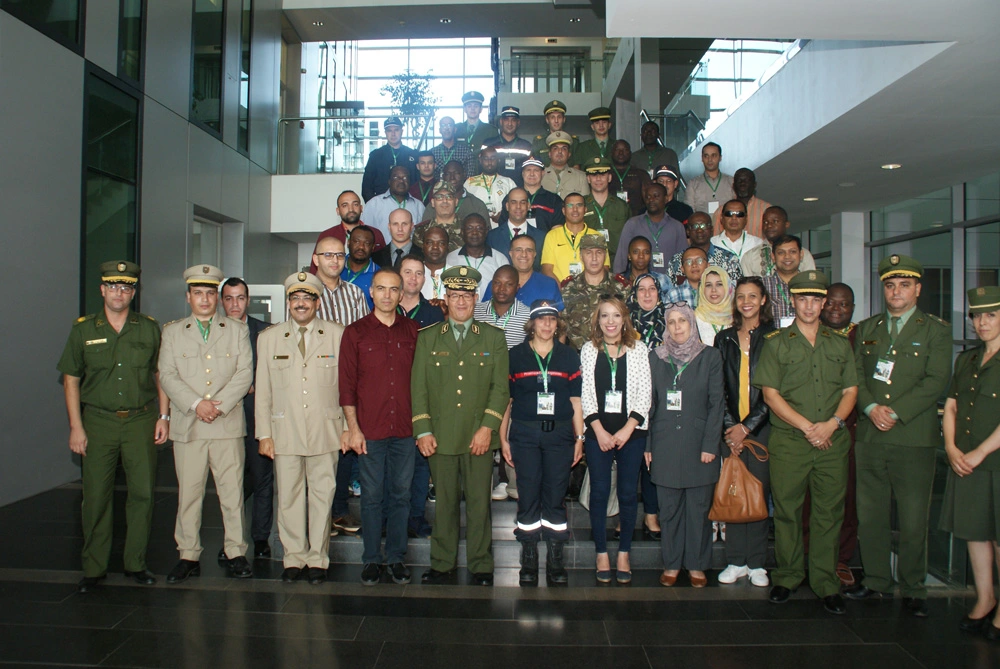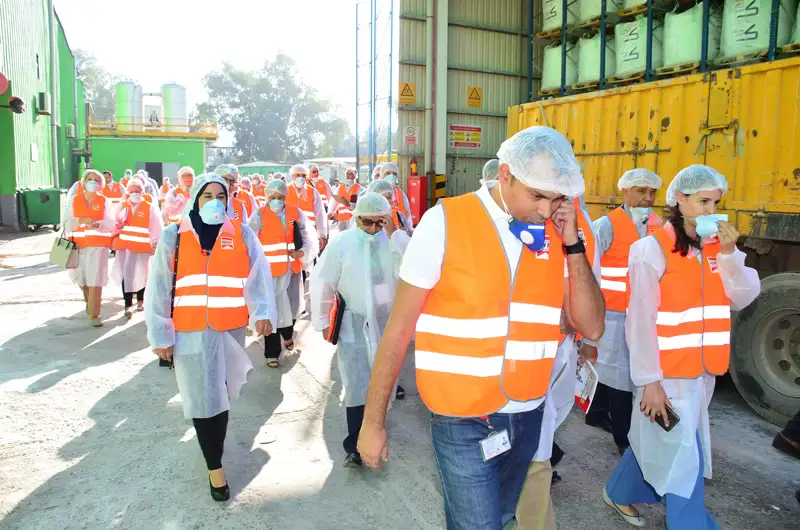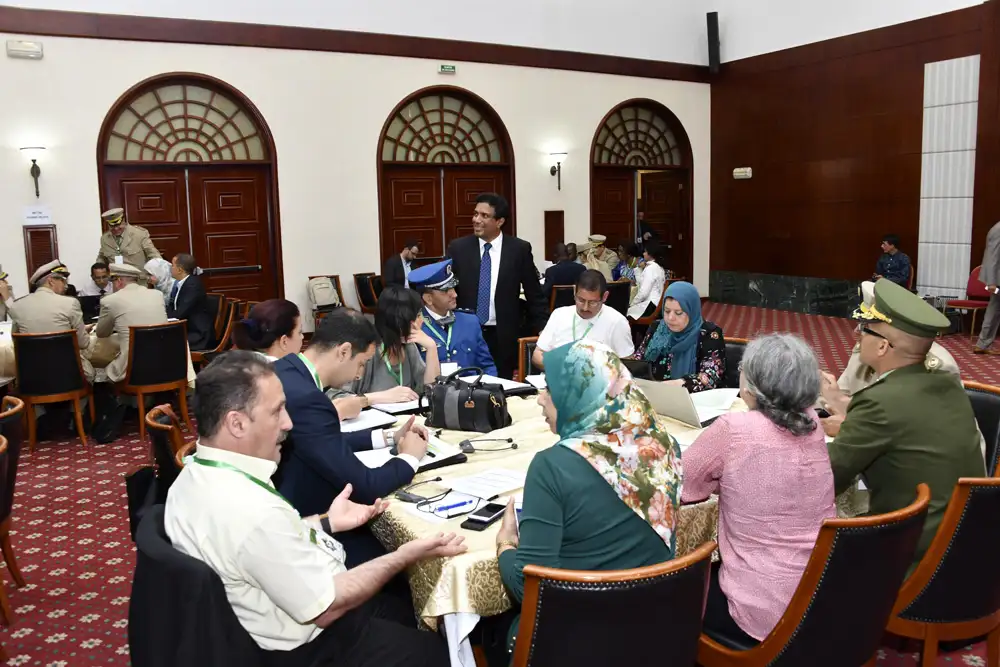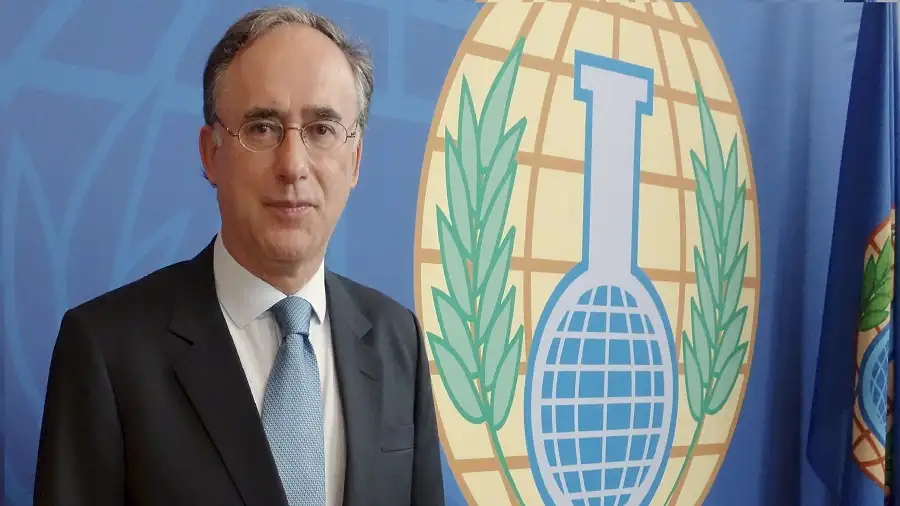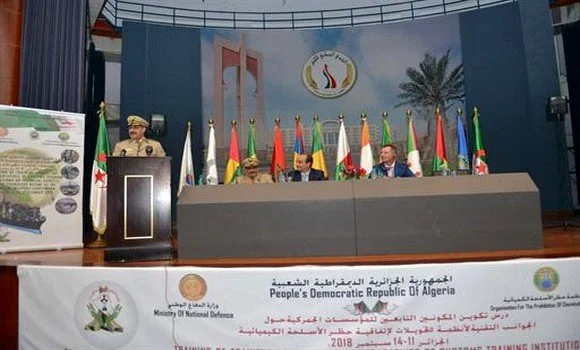This prestigious award recognizes the Algerian National Institute of Criminalistics and Criminology and the Indian Council of Chemistry for their significant contributions to the OPCW’s priority areas.
The Director General of the Organization for the Prohibition of Chemical Weapons (OPCW), Ambassador Fernando Arias, and the Mayor of The Hague, Mr. Jan van Zanen, announced the decision of the OPCW-The Hague Prize Jury to honor two laureates of the 2024 OPCW-The Hague Prize:
- The National Institute of Criminalistics and Criminology of the National Gendarmerie (INCC/GN) of Algeria.
The INCC/GN is a forensic science institute whose objective is to advance crime-fighting capabilities by integrating scientific methods into judicial and penal processes. In 2024, following a rigorous certification process, the NCIC/NG joined the global network of OPCW Designated Laboratories, strengthening chemical security on the continent and contributing to international non-proliferation efforts. The NCIC/NG is the first laboratory in Africa to achieve OPCW Designated Laboratory status since 2006.
The National Institute has distinguished itself as a leading forensic laboratory, making a significant contribution to chemistry for peace in Africa. In recent years, it has played a vital role in promoting regional capacity-building efforts by supporting key initiatives such as the CHEMEX Africa exercise in October 2023.
- Indian Chemistry Council (ICC)
The ICC is a chemical industry body recognized for its role in promoting chemical safety, ensuring compliance with the Convention, and improving safety practices across the industry in India. Through initiatives such as the Chemical Weapons Convention (CWC) Helpdesks, the ICC has improved industry compliance and facilitated the electronic filing of chemical declarations. In addition, the ICC’s “Nicer Globe” initiative has had a substantial impact on the safe transport of chemicals in India by providing real-time monitoring and emergency response capabilities. The ICC has also conducted other activities to promote chemical safety and security through its Responsible Care (RC) program and the introduction of the RC Safety Code. The ICC’s focus on strengthening industrial safety and promoting national implementation of the convention in one of the world’s largest chemical sectors demonstrates an exceptional commitment to responsible industrial management and the CWC’s objectives in this regard.
This is the first time the award has recognized the efforts of a chemical industry organization.
“The OPCW-The Hague Award underscores the vital importance of collaboration among diverse stakeholders in the pursuit of a world free of chemical weapons,” said Director General Arias.
“This year’s winners illustrate the breadth of this effort: The Algerian National Institute of Criminalistics and Criminology of the National Gendarmerie demonstrates the indispensable contribution of OPCW-designated laboratories to strengthening global capacity to detect and prevent the misuse of chemical substances, while the Indian Council of Chemistry highlights the essential role of the chemical industry in promoting responsible practices and ensuring that chemistry is used only for peaceful purposes,” he added.
“This year’s OPCW-The Hague Award winners reflect the remarkable efforts being made globally to achieve a world free of chemical weapons. Their dedication and innovative approach are inspiring examples of how we can work together for a safer and more peaceful world.” “Together, we must continue to move forward, fostering collaboration and innovation to build a future anchored in global peace and security,” said Mr. van Zanen.
